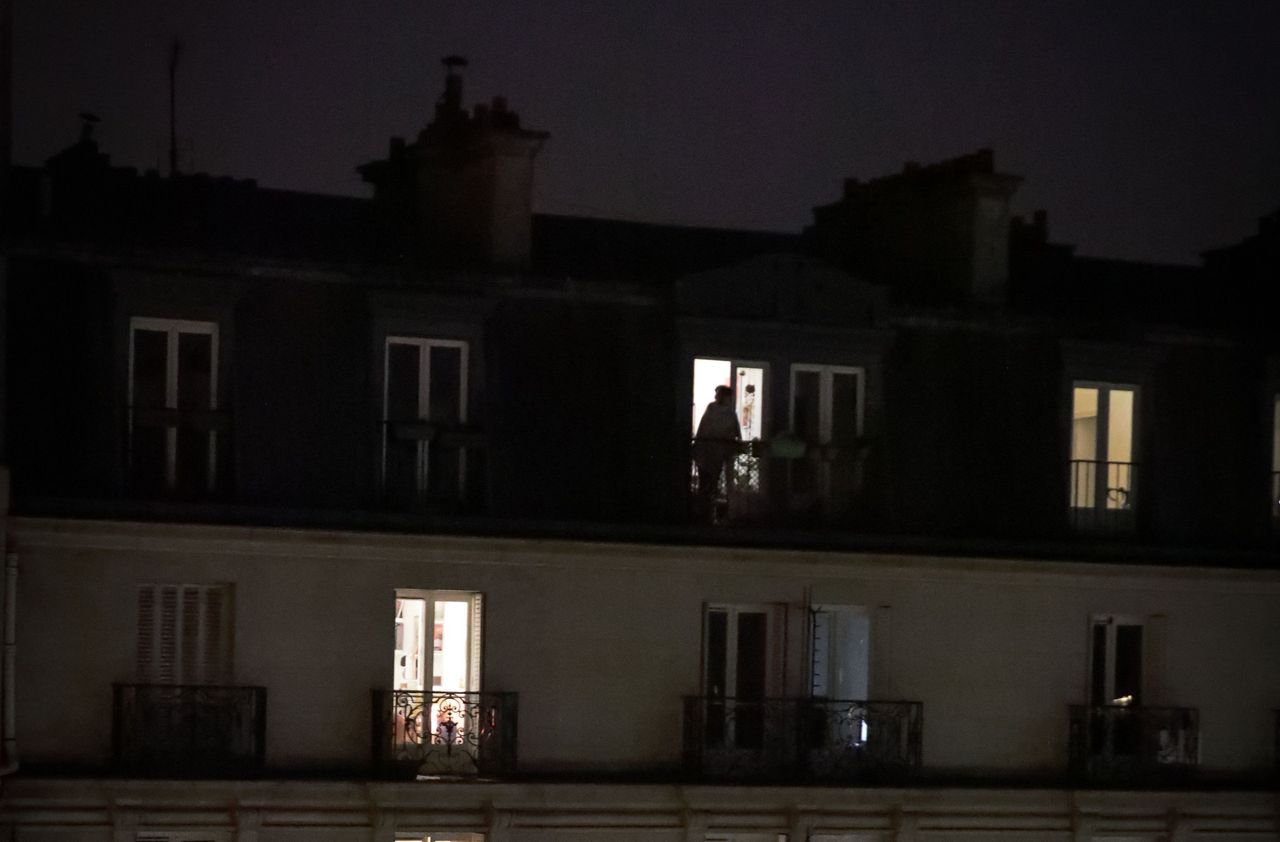An army dented by the lack of social ties, which the Covid-19 crisis has further weakened.
Loneliness today accompanies 7 million French people.
This is 3 million more than in 2010. Employees on short-time work or telework who feel useless, students asked to stay alone in front of their computer ... Without making any noise, loneliness is anchored in the daily life of a growing population.
This is what the Fondation de France notes in its 10th annual report on solitudes, which we reveal exclusively.
According to this survey carried out with Crédoc, 14% of French people have very little contact (a few during the year, or even less) with their main networks: family, colleagues, friends, neighbors, etc.
The elderly, first affected
Dating that still decreases with age.
It's a constant: the elderly represent the age group most affected by isolation, one in four.
The Covid-19 epidemic has also put a cruel spotlight on the consequences that this can have on our seniors.
VIDEO. Nintendo and Maître Gims: the tips of Annie, 73, to better live the confinement
So much so that the Secretary of State in charge of Youth and Engagement, Sarah El Haïry, has just announced the opening of 10,000 civic service missions in reinforcement in nursing homes, independent residences and with people elderly benefiting from home help.
"With two main objectives: to fight against situations of social isolation and to strengthen intergenerational ties", she insisted.
Loneliness is also, if not above all, the consequence of an economic situation and a physical condition.
Unsurprisingly, it is the most precarious who feel the most lonely (especially women, mostly at the head of single-parent families or in the role of caregivers).
Double penalty also for disabled or chronically ill people.
But the categories affected now go much further.
The proportion of well-to-do classes living in isolation rose from 6% to 11%.
Young people are also no longer spared.
"There is a fairly alarming form of generalization," laments Laurence de Nervaux, head of the Observatory of philanthropy at the Fondation de France.
In addition to the proliferation of precarious situations and the individualization of society, another phenomenon explains this gloomy observation: “The feeling of mistrust towards others has greatly increased, especially since the 2015 attacks. For some, it fuels a form of disgust towards this society which does not seem to want to integrate them, ”continues Laurence de Nervaux.
Newsletter - Most of the news
Every morning, the news seen by Le Parisien
I'm registering
Your email address is collected by Le Parisien to enable you to receive our news and commercial offers.
Learn more
According to the Crédoc survey, 65% of French people over the age of 15 believe that "you are never suspicious enough", against 54% in 2012. And tomorrow?
“The long-term health situation, the economic crisis and its probable effects on rising unemployment are major risk factors.
The fear of an epidemic of loneliness is therefore very real, ”warns the manager.









